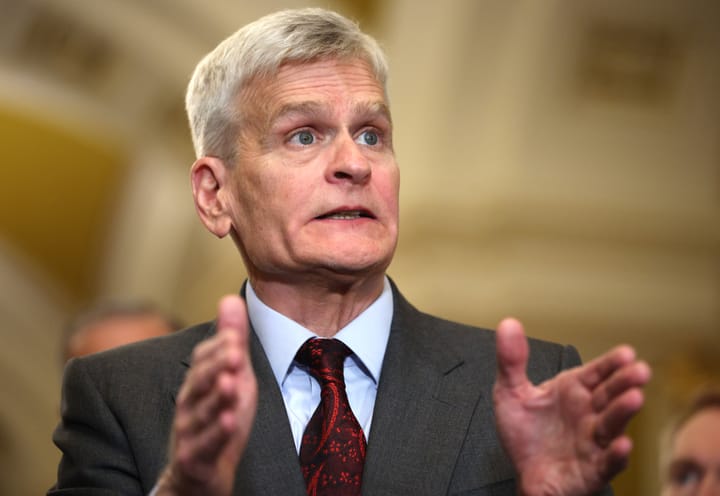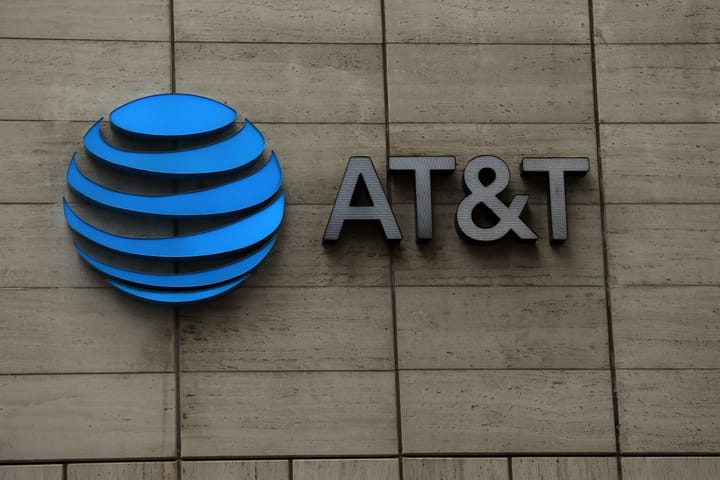You’re likely aware of some of the big-ticket tax benefits for wealthy individuals and companies in the GOP’s budget reconciliation bill now moving through Congress, but buried in it is another tax provision that’s raising some alarms: the bill would create an unprecedented new tax shelter that could let billionaires save millions in taxes through donations to private school voucher funds, all paid for by the public.
The Educational Choice for Children Act, included in the sprawling tax and spending package, would allow individuals to claim a 100% tax credit for donations to nonprofits that distribute K-12 school vouchers. Unlike a typical deduction for a charitable donation, this credit would reimburse donors dollar-for-dollar, effectively making the federal government cover the entire donation. No other kind of charities—such as disaster relief organizations, food banks, or medical assistance groups—receive this level of tax incentive from the federal government. The Senate’s version of the bill would cap the program at $4 billion in credits per year, starting in 2027.
Beyond the credit, tax experts say that donors could even profit off the provision through excess tax liability savings. Donors could give appreciated stock instead of cash, allowing them to avoid the capital gains tax while also getting full reimbursement from the federal government, effectively reducing their tax liability beyond what their donation actually cost them. An analysis by the Institute on Taxation and Economic Policy (ITEP) estimates the provision would cost the federal government $134 billion over the next decade, while only generating about $126 billion in actual contributions to school voucher programs and providing $10.5 billion in personal profit to wealthy donors in the form of capital gains tax avoidance.
Using tax data leaked by ProPublica, ITEP estimated how much money some wealthy school privatization enthusiasts could have made if the program had been around during the period covered by the leaked information (2013-18). It determined that Jeffrey Yass could have collected $13.3 million in profit through the program, while Charles Koch could have pulled in $2.4 million, and the DeVos family would potentially have gained $4.6 million. These figures are hypothetical and assume donors max out the provisions cap set at 10% of an individual’s adjusted gross income.
The money the government would collect if not for these tax credits would have to come from elsewhere in the federal budget. That means less funding for things like the military, public education, veterans’ benefits, or potentially just more money that gets piled onto the national debt. Among the groups applauding the Educational Choice for Children Act is Heritage Action, the conservative advocacy group behind the Project 2025 portfolio of policy recommendations for the Trump administration. The bill was named in the policy roadmap as something that Congress should pass, in concert with state measures on school privatization. Meanwhile, groups like the American Federation of Teachers are sounding the alarm with Facebook and Instagram ads, calling the provision a “sinister tax loophole for billionaires” that diverts money away from public schools.
Speed Read:
The American Prospect/Drop Site News: The American Israel Public Affairs Committee (AIPAC) has been furiously urging House Democrats to release messages of steadfast support for Israel in its war with Iran, the Prospect and Drop Site News have learned, even as bipartisan lawmakers come together on a War Powers Act resolution to prevent U.S. troops or funds being used in yet another Middle East conflagration.
Bloomberg: Senate Republicans included a tax break estimated to be worth more than $1 billion for oil and gas producers in their version of President Donald Trump’s sprawling fiscal package. The provision would allow energy companies subject to a 15% corporate alternative minimum tax to deduct certain drilling costs when calculating their taxable income.
CNBC: The Senate on Tuesday passed the GENIUS Act, a landmark bill that for the first time establishes federal guardrails for U.S. dollar-pegged stablecoins and creates a regulated pathway for private companies to issue digital dollars with the blessing of the federal government.



